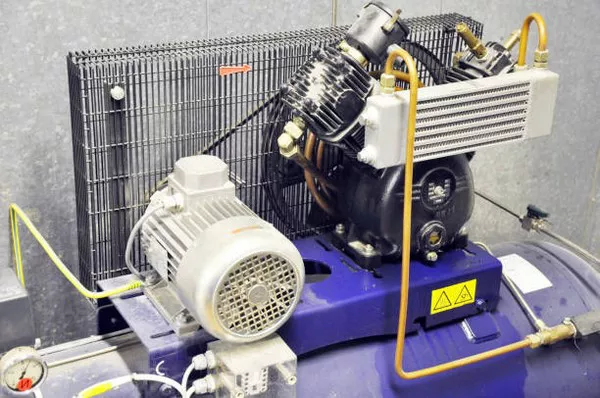Power outages can strike at any time, and having a reliable generator is crucial to keep your household running smoothly during such times. However, selecting the right generator size for your home is a decision that requires careful consideration. Choosing a generator that is too small may result in insufficient power, while opting for one that is too large can lead to unnecessary expenses. In this article, we will guide you through the process of determining the appropriate generator size to effectively power your entire house.
Understanding Power Needs
The first step in selecting the right generator size is to assess your household’s power needs. Make a comprehensive list of all the appliances and devices you intend to power during an outage. Consider essential items such as refrigerators, lighting, heating or cooling systems, medical equipment, and electronic devices. Take note of the wattage requirements for each item, which is typically indicated on the manufacturer’s label or in the user manual.
Calculate Total Wattage
Once you have identified all the appliances and devices, add up their individual wattages to determine the total power consumption. This sum represents the minimum power capacity your generator should have to handle your basic needs during a power outage. Keep in mind that certain appliances may have startup surges, requiring additional power for a short duration.
Consider Starting and Running Watts
Appliances and devices have both starting watts and running watts. Starting watts refer to the extra power required for an appliance to start up, which is generally higher than the continuous running watts. Generators are typically labeled with their running wattage capacity, so it’s crucial to factor in the starting watts of your appliances when determining the generator size.
Prioritize Essential Loads
During a power outage, it’s essential to prioritize your power usage. Not all appliances need to be powered simultaneously. Categorize your loads into essential and non-essential. Essential loads include items like refrigerators, medical equipment, and heating or cooling systems. Non-essential loads might include entertainment devices and certain kitchen appliances. This categorization can help you size your generator appropriately, focusing on critical power needs first.
Generator Sizing Guidelines
To simplify the generator sizing process, consider the following guidelines:
Small Generators (3,000-5,000 Watts): Suitable for powering essential appliances and a few lights. These generators are portable and generally run on gasoline.
Medium Generators (6,000-10,000 Watts): Provide enough power for essential loads and some additional items like a refrigerator, lights, and a microwave. These generators may run on gasoline or propane.
Large Generators (10,000 Watts and above): Can power most or all of your household appliances, including heating or cooling systems. These generators are often stationary and may run on propane or natural gas.
Account for Fuel Efficiency
When selecting a generator, it’s important to consider fuel efficiency, especially for prolonged power outages. Some generators are more fuel-efficient than others, and this can affect your overall cost of operation. Compare the fuel consumption rates of different generators to ensure you choose one that balances power output with fuel efficiency.
Factor in Voltage Requirements
Different homes may have different voltage requirements. Some generators provide both 120V and 240V outlets, allowing you to connect to various appliances and systems. Ensure that the generator you choose meets the voltage specifications of your home to avoid compatibility issues.
Consider the Environment
The environment in which you plan to operate your generator also plays a role in sizing. If you live in an area with extreme temperatures, the generator’s performance may be affected. Generators generally have a derating factor that accounts for changes in temperature and altitude. Be sure to check this factor and choose a generator that can handle the specific conditions of your location.
Professional Installation and Maintenance
Once you’ve determined the right generator size for your home, it’s crucial to have it professionally installed. Proper installation ensures the generator operates safely and efficiently. Additionally, regular maintenance is key to ensuring your generator remains in peak condition and is ready to perform when needed. Schedule regular maintenance checks and follow the manufacturer’s guidelines for upkeep.
Conclusion
Choosing the right generator size for your home is a critical decision that involves careful consideration of your household’s power needs. By calculating the total wattage, accounting for starting and running watts, prioritizing essential loads, and considering fuel efficiency, you can make an informed decision. It’s always advisable to consult with a professional electrician or generator installer to ensure that your chosen generator meets local codes and safety standards. Investing the time and effort in selecting the appropriate generator size will provide you with the peace of mind that your home will remain powered during unexpected outages, allowing you to focus on what matters most.

